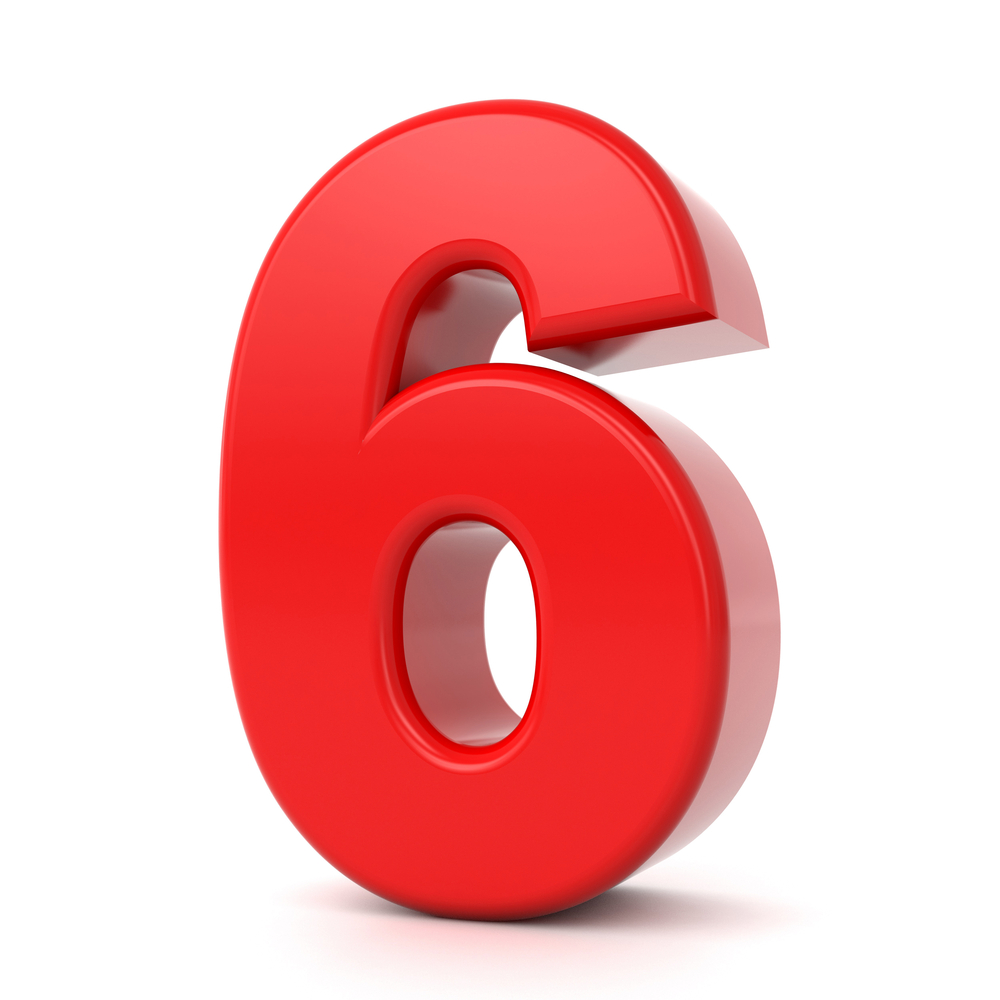Many, many of my clients have fears about the egg donation process. Well, as a lawyer, I have fears too–but the things that you as intended parents worry about are very different from the things that I worry about.
Fear #1: The egg donor will want to take my baby back.
This is without question the number one fear that my clients express to me. That the donor will have a change of heart and want the baby back. Here’s one example of a woman who shared this fear about egg donation. But I encourage intended parents to put this into perspective. The reality is that your donor doesn’t want to have a baby with your husband!! Your donor is not in the same life situation as you–if she wanted a child, she could accomplish that easily enough. She doesn’t need to go through the lengthy, intrusive, painful IVF process in order to have a baby. And why would she want to have a baby with your husband, anyway? I’m sure he’s a nice guy but your donor does not want to have a baby with him.
So what do I worry about instead? I worry that your donor will want to exert control over the frozen embryos you have remaining in storage. If your donor were to have a change of heart, there’s no guarantee that she would not be able to stop you from using the frozen embryos to have another child. The law is just too new to make predictions in this area. At least one prominent authority in the field has advocated for allowing donors to block use of embryos anytime before the embryo transfer takes place, and at least one court has allowed an egg donor to do exactly this. Can you imagine finding out days before your planned transfer that your embryos cannot be used because the donor changed her mind? That’s something that keeps me up at night!
Fear #2: My child will hate me when he/she finds out.
Yep, I can almost guarantee that your child will , at some point, tell you that he/she hates you. I understand this is a normal part of parenthood, egg donation or not. Your child may even throw in a “you’re not my REAL mom” for good measure. Ouch, that stings! But again, keep in perspective that this is just age appropriate behavior.
What do I worry about instead? I worry that the government will try to claim that you are not the “real mom” of your donor egg conceived child. It’s happened before in the context of citizenship, resulting in egg donor conceived children being denied establishment of U.S. citizenship. And I cannot promise you it won’t come up in some other context, such as an inheritance dispute.
Fear #3: The egg donor may not grant permission for us to donate our extra embryos for research or to another family.
If being able to donate extra embryos is important to you, it’s critical to address this with legal documents in advance of the egg donor’s participation. If your selected donor is not comfortable with this additional donation, you may have to make a difficult decision about whether to continue with your chosen donor or whether to find another donor with views more compatible with yours. But in reality this rarely becomes an insurmountable hurdle. As an attorney, when this comes up, I find that most donors are willing to accommodate the secondary donation request when additional protections are worked into the arrangement to address the individual donor’s concerns.
For me, the real worry is that you will have a dispute with your spouse over your frozen embryos (do you see a trend here–I worry about frozen embryos a lot!). And moms, you need to understand that you may not be in the same legal position as dads relative to the embryos because they don’t contain your genetics. It’s not entirely clear yet how the courts will decide these situations as this area of law is so new. It’s even conceivable that a divorce judge could allow a husband, as the sole genetic parent, to keep all of the embryos to use with a future spouse. This uncertainty about the law makes it challenging for lawyers to provide clear cut advice on how to address these concerns.
Fear #4: You worry about whether to tell your child about the egg donation.
To tell or not to tell. That is the question many intended parents face. Hopefully you had a mental health consult to get you thinking about these issues so you can choose the right path for your family. Additional resources can be found from organizations such as Parents Via Egg Donation and RESOLVE.
What I worry about is a little different–I worry that your child will find out about the egg donation by accident (check out I learned I was Adopted in Biology Class for one woman’s story in the context of an adoption). With DNA testing being so commonplace nowadays, and often used as part of ancestry research, I tend to think it’s not about if your child will find out, but rather when and how. I worry that it will happen in a way that’s not controlled by you. I worry that it will happen in a way that it is characterized as a negative or shameful thing. Mostly I worry that it will happen after you are dead, when your child won’t have an opportunity to ask you questions about the process.
While I fully support all parents making their own decisions as to whether to disclose this information to their children, I worry that scientific advancements will take this decision-making ability away from parents. Which is ironic because it is scientific advancements that have allowed so many of us to form our families.









